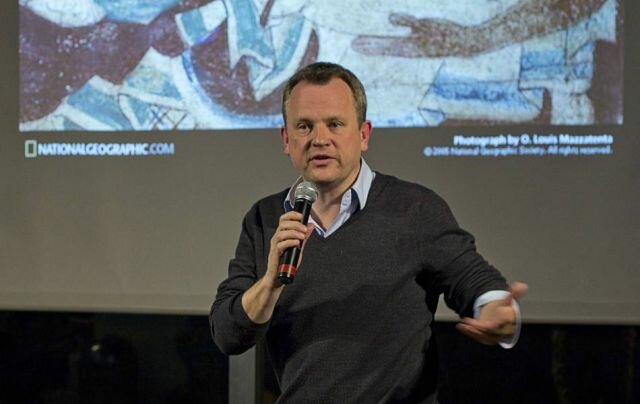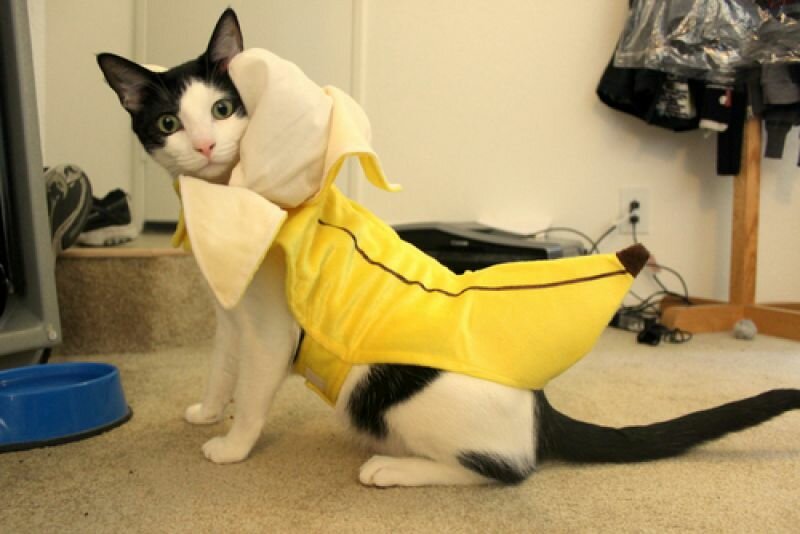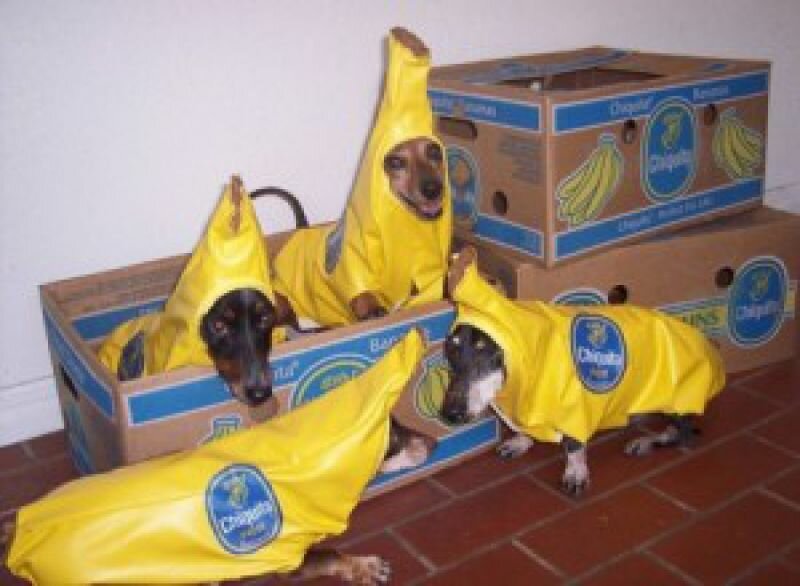Let me tell you a story about bananas.
I was a staff writer for De Groene Amsterdammer for about five years; I was also editor in chief ad interim for one of those five years. This meant that I chaired the weekly staff meetings, looking for things to fill next week's edition with.
Usually, these meetings were fun. These were truly intelligent, intellectual, experienced journalists. When they mentioned Marx, or Weber, or Pushkin, you could be sure they had actually read Marx, and Weber, and Pushkin. This included the strange guys who did the corrections and the guys who did the tele-marketing, calling people at home to sell subscriptions. Most of these were published authors, philosophy students. De Groene was a bit of a sanctuary, a reservation or, if you like, a zoo.
But a clever zoo.
I remember distinctly a young intern. In his second week, I asked him if he had anything to contribute. Yes, he said, I'd like to write about bananas. De Groene has many faults, but it also has a great tradition of trust. Bananas, I said. Fine. Two pages? 1500 words? By next week? Yes, great, the intern said. It was only after we had jotted down the word 'Bananas, 2 pages' on our list that someone in the group asked 'What's with these bananas, then?'
Out came the story: banana's are a monoculture, every banana is genetically the same as all other bananas in the species, there's a virus raging through banana-plantations and as all bananas are vulnerable in the same way, the traditional chiquita banana (the Cavendish variety) may actually disappear. There are other banana varieties, of course, just as healthy and wholesome and nutritious, but these are usually a bit smaller, and have darker skin, and customers in the western world don't like them much. So: crisis.
A very good story. Got picked up by all sorts of other media - radio, TV. If you don't believe me: VPRO's Labyrinth has the story again, next Sunday. Well done, for an intern.



